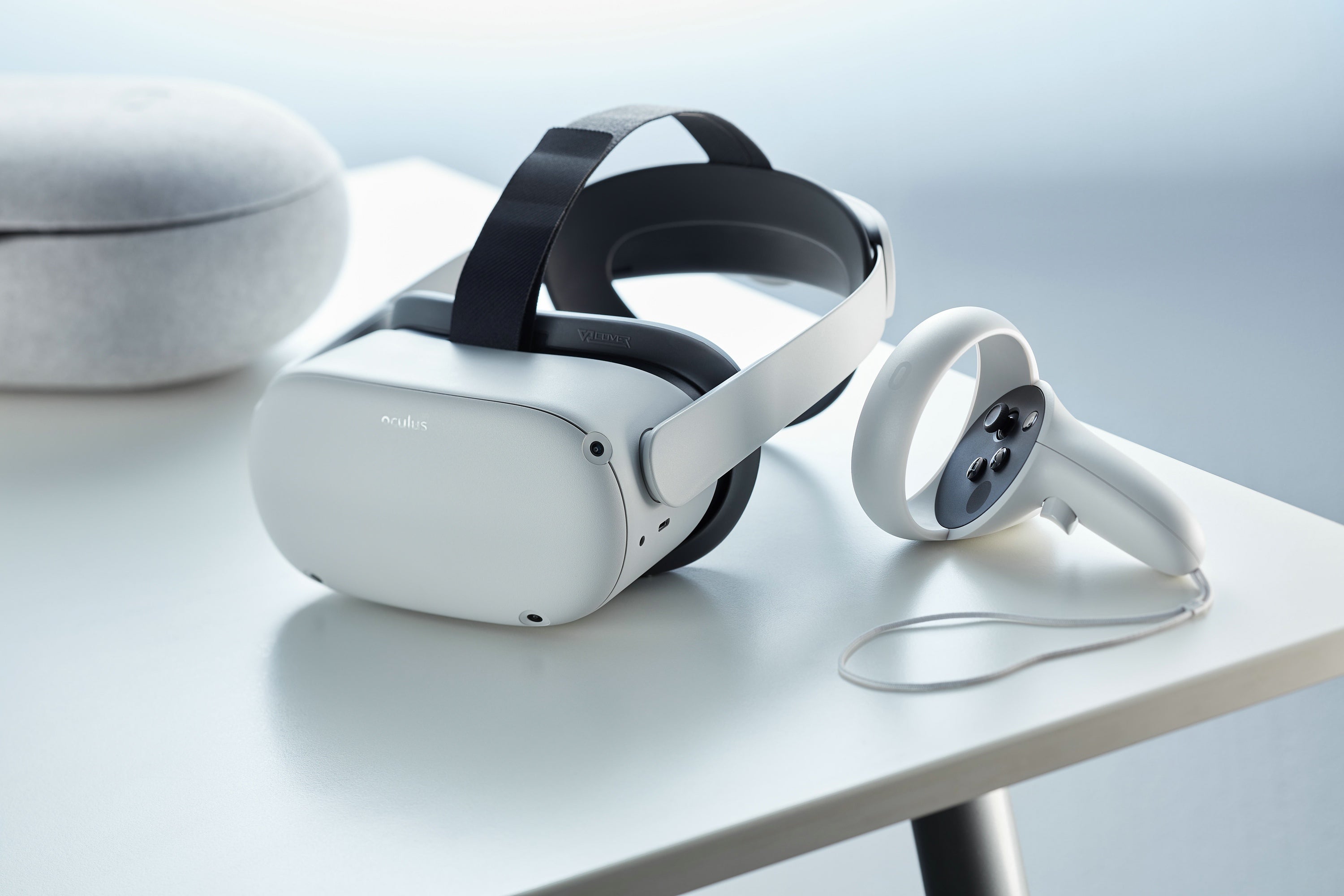Partnership to help enhance home kidney care in rural Mississippi
Published 7:36 am Friday, January 6, 2023
A partnership between a medical group and the state’s Department of Health will hopefully enhance kidney healthcare for rural people receiving services at their homes through Virtual Reality.
Fresenius Medical Care North America (FMCNA), the nation’s leading renal care provider, has won a major grant from the Mississippi Department of Health’s (DOH) Office of Rural Health and Primary Care to expand kidney education through virtual reality (VR).
The Mississippi DOH awarded FMCNA’s care delivery arm, Fresenius Kidney Care (FKC), which serves patients through a nationwide network of dialysis centers and services, a grant of more than $130,000 to educate patients in rural Mississippi on the advantages of home therapy using the immersive experience of virtual reality. The VR simulation enables patients to participate in a patient’s journey through home dialysis to help them better understand what home dialysis entails.
The grant allows FKC to provide its dialysis centers in Mississippi with virtual reality headsets, and initially offers an immersive experience of a fellow patient’s journey to home dialysis. IKONA Health, an immersive learning company and long-time partner of FMCNA, will also develop additional educational modules for both patients and care teams.
“An initial diagnosis of chronic kidney disease can be daunting for patients. The virtual reality education for our patients is another way we can enhance our patient education and show them how to be in control of their treatment,” said Dean Chan, vice president of Kidney Care Advocates at Fresenius Kidney Care. “Expanding this innovative project into rural areas of Mississippi will allow our Kidney Care Advocates and care teams to offer patients in underserved areas a more informed experience of the decision to move to home therapy and help them be successful.”
About 15 percent of adults in the United States have chronic kidney disease (CKD), which could lead to end stage renal disease (ESRD) and potentially require dialysis treatment. Home dialysis offers clinical outcome benefits, better quality of life, more independence for patients, and decreases the burden and time spent traveling to and from dialysis facilities.
The On-Demand Virtual Reality project was piloted in Transitional Care Units (TCUs) by Fresenius Kidney Care with support from patients who requested additional education about dialysis. FKC serves more than 7,500 patients in 137 outpatient dialysis centers in Mississippi. FKC and IKONA have already partnered to produce virtual reality experiences for patients in South Carolina, Illinois, and California.
“We are excited to expand this innovative platform to rural communities, where patients can greatly benefit from decreased travel time and treatment duration with home therapy,” said Tim Fitzpatrick, co-founder and CEO of IKONA Health. “We have an opportunity to scale effective, VR-based learning experiences to underserved communities to improve understanding, health literacy, and overall health outcomes.”
In one of the modules, Julian, a patient managing kidney disease based in California, shows how his life changed since he switched to home hemodialysis. Home therapy allows Julian more time to travel, pursue his hobbies, cook healthy food at home, and manage his work schedule. Julian shows viewers how he dialyzes at home five times per week, with each session lasting two to three hours instead of traveling four hours each way, three times a week, for in-center treatment.
Home hemodialysis patients often achieve better health outcomes by dialyzing more frequently as directed by a physician. More frequent dialysis better mimics natural kidney function leading to 36 percent fewer prescriptions for blood pressure medication and improved five-year survival rates. Patients who dialyze more frequently are also more likely to receive transplants, with transplantation incidence increased by 14% in patients who use home therapies.5
“Virtual reality has the power to help people dealing with CKD or ESRD to imagine the possibility of home dialysis,” Chan said. “This technology shows us how patients can improve their health and become more educated about their treatment.”






